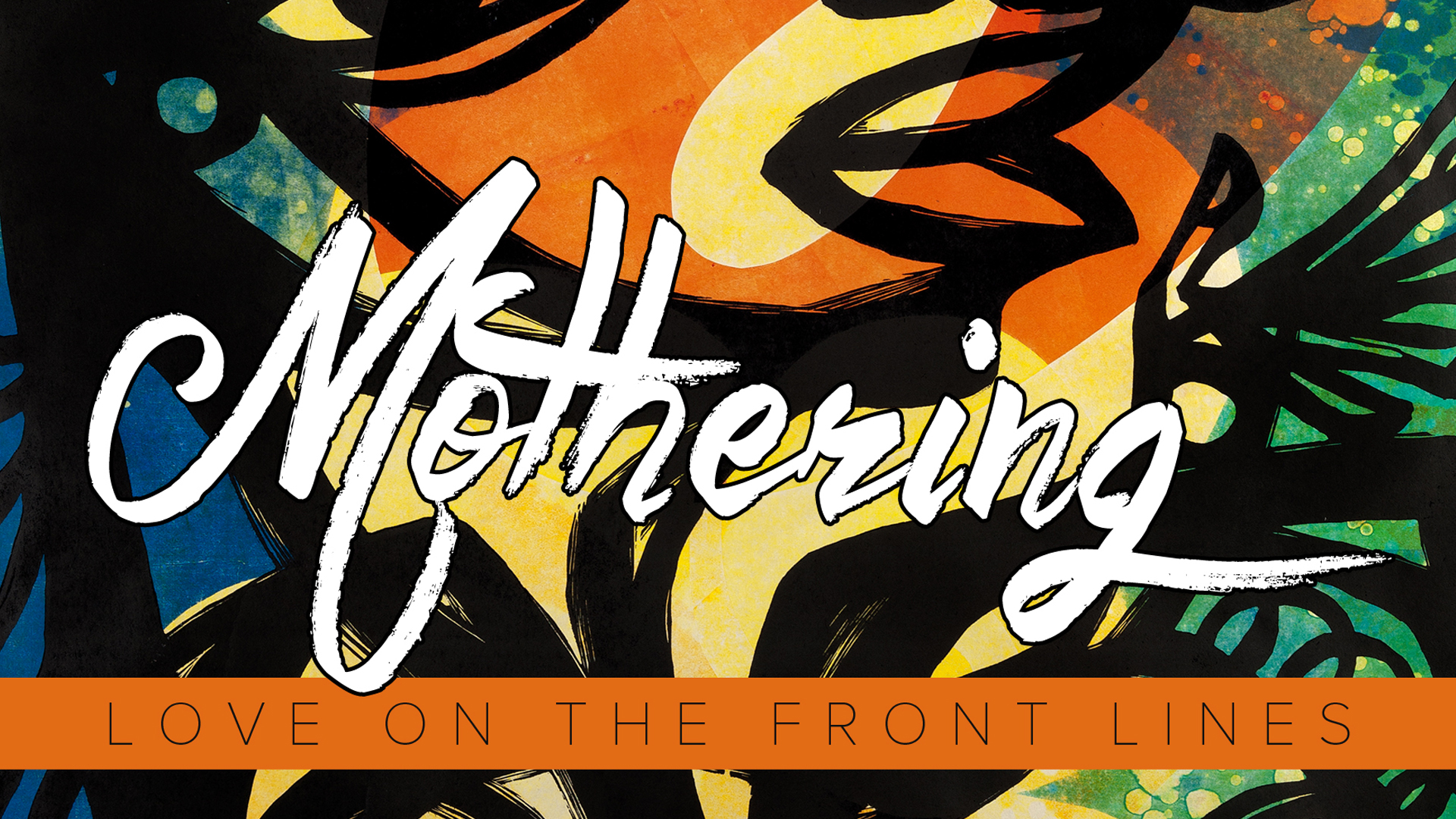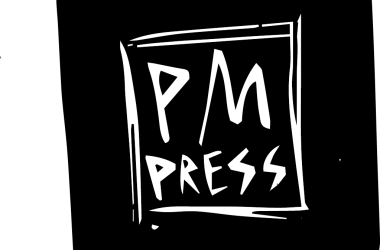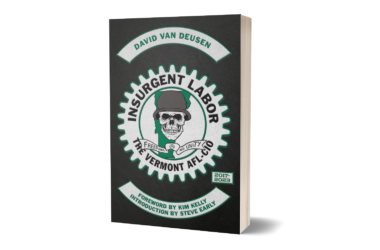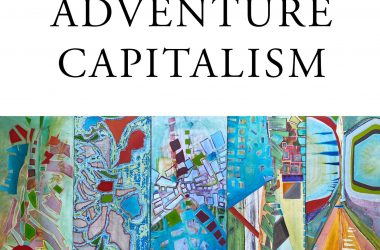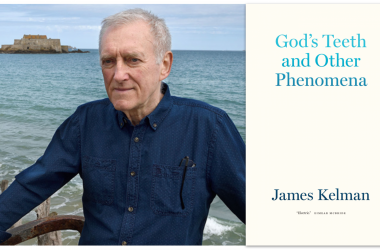These books, chosen by Twin Cities writers of color, can help build understanding between our cultures.
By Laurie Hertzel
Star Tribune
July 16, 2016

In her prize-winning book, “Citizen: An American Lyric” (Graywolf Press, 2014), poet and essayist Claudia Rankine tells stories of black men who have been pulled over by the police.
“Everywhere were flashes, a siren sounding and a stretched-out roar. Get on the ground. Get on the ground now,” she writes. “And you are not the guy and still you fit the description because there is only one guy who is always the guy fitting the description.”
In the anthology “A Good Time for the Truth: Race in Minnesota,” 16 writers of color share their experiences from harassment to bigotry.
And in his 2015 National Book Award-winning “Between the World and Me,” Ta-Nahesi Coates writes a letter to his son about the “racist violence that has been woven into American culture”.
How does one culture understand another culture? How can one culture understand another culture?
Books are one way.

Star Tribune file Aaron Lavinksy. Claudia Rankine reads from “Citizen: An American Lyric,” at the Loft Literary Center in 2015.
Last week, Philando Castile, a black man, was shot and killed by a police officer during a traffic stop in Falcoln Heights. In the wake of his death, Twin Cities writers, artists and teachers of color have suggestions for books that might help bridge that gap.
“What helps me process the events of the last couple of weeks is connecting this struggle to the larger history in the United States. My students and I find solace in James Baldwin’s ‘The Fire Next Time.’ His work provides the background necessary to contextualize these events to show that these are part of a historical pattern. It helps my students see that this isn’t a series of random events and if we look back far enough and recognize this history, then we can change it.”— Valerie Déus
“Michelle Alexander’s ‘The New Jim Crow’ is the one book that I would point to, more than any other, for anyone looking to truly understand where we are at as a society. The book breaks down, in irrefutable detail, how the prison industrial complex destroys black lives, affirming that police brutality is simply the most visible and extreme symptom of a much deeper systemic problem that affects millions of people.”— Kyle “Guante” Tran Myhre
“Here are a five books that I’d recommend, with the understanding that it is no book itself that will change our conditions, but these are certainly some books I’d say offer some profound analytical and imaginative tools. As for ordering, people can send an email to [email protected] and place an order on any of these titles. We send an email invoice for our orders that can be paid online.
1. “Those Bones Are Not My Child” by Toni Cade Bambara. Bambara’s last work which looks at the Atlanta Child Murders of 79 – 81 through the fictional account of one family. She spent 15 years, all the way up until her death in 95, working on this gift of love while organizing with the families affected. Bambara was a true community scribe and I think this book teaches us to not look away, to not accept as natural and inevitable that “black children of the wageless poor will just at times be subject to violence.”
2. “Revolutionary Mothering: Love On The Frontlines,” edited by Alexis Pauline Gumbs, China Martens, Mai’a Williams. This is one of the most important collections I have read in some time. In the tradition of, This Bridge Called My Back, Revolutionary Mothering, looksat mothering as a revolutionary social practice, a politics of necessity, a responsibility to each other. This book is magic.
3. “ This Bridge Called My Back: Writings By Radical Women Of Color,” edited by Cherrie Moraga and Gloria Anzaldua. This book is a groundbreaking text for women of color feminism, a coalition building text born out of the coalition building practice of the women of color and indigenous women who authored it. Necessary, so necessary.
4. ” Black Marxism: The Making Of The Black Radical Tradition,” by Cedric Robinson. Robinson gave us a complicated reading of Marxist theory, peeling back the layers, detailing the racial nature of capitalism. He articulated for us with inspiring detail a theory of black radicalism in everyday black people.
5. “Ain’t Gonna Let Nobody Turn Me Around: Forty Years Of Movement Building with Barbara Smith,” edited by Alethia Jones and Virginia Eubanks with Barbara Smith.Barbara Smith is one of this generations pioneering voices in black radical politics and sadly far too little know of this profound co author of The Combahee River Collective Statement. This book gleans the wisdom of Smith’s life and practice through documents, interviews and articles. I want all my loved ones to read this book. — Chaun Webster
“What we need to read now is ‘Conflict Resolution for Holy Beings’ by Joy Harjo, who tells us how to be human together: What a wild dilemma, how to make it to the stars, on a highway slick with fear—
“Harjo’s compassion for human confusion twins with her passion for music, that great mediator. There we were as if we were music.//You cannot legislate music to lockstep nor can you legislate/ the spirit of music to stop at political boundaries—//—Or poetry or art or anything that is of value or matters in/ this world, and in the next worlds.//This is about getting to know each other.” —Heid E. Erdrich
“Mychal Denzel Smith’s ‘Invisible Man Got the Whole World Watching’ may be a difficult read for the uninitiated seeking insight into black millennial rage, but readers who can embrace its raw truth will come away with an advanced understanding of what it’s like to grow up black and male in modern America.
“I often recommended ‘The Autobiography of Malcolm X’ as told to Alex Haley as a reminder that people are never just one thing. All human beings are vast and complex. All of us have a tremendous capacity for change, and often, what we’re told about a person is vastly different from who they are, vastly different from the truth of their life.
“Sean Hill’s ‘Dangerous Goods’ is a great read. It offers insights on race that are, by turns, nuanced and subtle or direct and vivid. Sometimes the black experience is not the focus. Sometimes the subject is a bird or an unfulfilled crush. Still, it will leave you with an expanded sense of our awesome and terrible world and keener regard for humanity within it.”— Michael Kleber-Diggs
“‘All American Boys’ by Jason Reynolds and Brendan Kiely and ‘How it Went Down’ by Kekla Magoon are young-adult novels that focus on white violence against black males; one results in hospitalization, the other in death. Different characters narrate the same situation from their respective social locations, pushing readers to consider how truth and fear are constructed. Ultimately, the novels offer a searing indictment on how whiteness and hypermasculinity operate to destroy black lives.— Sarah Park Dahlen
“The great poet Nikky Finney once remarked that one of her goals as a poet was to create beauty out of the ugly. The poems in the anthology ‘Resisting Arrest: Poems to Stretch the Sky,’ edited by Tony Medina (Jacar Press, 2016), certainly accomplish that. This collection of work by a multigenerational, multiracial ensemble of poets addresses police violence against people of color, and is essential reading in these unbearable times.”— Bao Phi
“I’d like to suggest ‘Whorled’ by Ed Bok Lee. It’s a necessary reminder that love, too, needs to learn. It is a beautiful memory of our hurt, collective and individual, at the barrels of guns and in the words we spew, of America and the world’s long journey to each other, the falling apart so we can be together. Lee writes in: ‘If in America’:
‘If a tree falls in a forest, / does it make a sound? / If a rifle fires a shot in the woods, / whose body first hits the ground?
If you believe in God, but not the good in everyone.’
There is wisdom in these pages. The poems not only identify the hurting, they arrive at a deeper understanding, fuel the hope of healing.”— Kao Kalia Yang
“ ‘If Beale Street Could Talk,’ a short but complex novel by James Baldwin, feels disturbingly contemporary even though it was published in 1974. It concerns lovers Tish and Fonny, who are fighting with their families and community to vindicate Fonny from a false rape charge, and the deadening grip of a rapacious criminal justice system. An uncompromising meditation on love and power, this brilliant novel commands the reader’s rapt attention throughout, and delivers Baldwin’s blistering insights into the psychology of American racism.”— Shannon Gibney
“I recommend, in addition to the other books named, ‘The History of White People’ by historian Nell Irvin Painter. It will show, in meticulous detail and lucid analysis and powerful writing, how white people came to be invented and how whiteness evolved along with the historical flow of events in order to survive and maintain its potency. This book is liberatory. I especially appreciate its analysis of how white notions of beauty were legitimated by the ‘science of race.’ Beauty — and therefore value, what is valuable to see, what is worth looking at and regarding for pleasure, inspiration, appreciation — is important to how people of color are racialized and devalued and dehumanized. This book shows us that we see what we are taught to see — we can unlearn it.”— Sun Yung Shin
“ ‘Pushout: The Criminalization of Black Girls in Schools,’ by Monique W. Morris. I just started reading it and already I can see that it is hugely important. We cannot ignore what’s happening to the girls. Also, ‘Blues Vision: African American Writing from Minnesota.’ Published last year, it is an extremely relevant and important anthology of writings by Black Minnesota writers living and dead, urban and rural, about living while black in Minnesota.
“Buffy Smith’s book, ‘Mentoring At-Risk Students through the Hidden Curriculum of Higher Education,’ is an important volume for folks who work in higher education.”— Carolyn Holbrook
“ ‘Playing in the Dark: Whiteness & the Literary Imagination’ by Toni Morrison explores the ways canonical white American authors distort and caricature their black characters and project onto their black characters anarchy and routine dread, or conversely, ‘excessive, limitless love.’ Morrison demonstrates how these famous white authors cannot adequately depict black characters or adequately describe their consciousness. The failures of these white American authors are indicative of our society’s failure to see blacks and the continued white psychic projection that still plagues us in everything from police encounters to school systems to mass entertainment to everyday social interactions.”— David Mura
“‘Dreams from My Father,’ by Barack Obama. It is such a profoundly American story. It explains America, explains society, explains immigration, explains the importance of the places from where our families come, both here and abroad. It is an astute analysis of our culture and left me thinking that these insights and ideas are great but too true and cerebral for anyone like this to ever get elected to anything.
“I don’t know if anyone has read David Rodiger’s ‘Wages of Whiteness.’ I have sampled it, but it is an astute understanding by a white male about privilege before the term got used like it is today.”— Clarence White
“ ‘A Good Time for the Truth: Race in Minnesota,’ edited by Sun Yung Shin. This anthology contains powerful writing by many of my favorite writers. Each voice helps us step inside a different perspective, exploding assumptions and stereotypes with each page. To heal differences we have to admit they exist, then we have to listen.”— Susan Power
“Bryan Stevenson’s ‘Just Mercy’ provides plain-spoken, concrete examples of what we mean when we say there is ‘systemic bias’ built into the way our justice system works, from top to bottom. Read it, absorb what it has to say, and you will understand.”— David Lawrence Grant
“ ‘Revolutionary Mothering’ by Alexis Pauline Gumbs is said to be a movement-shifting anthology committed to birthing new worlds, full of faith and hope for what we can raise up together. And it is! Radical Real Raw talk rooted in knowledge, passion, and history. Available at Ancestry Books (Minneapolis) Support Local
“Below are responses from my community. I was compelled to extend the question to some of the best and brightest. What a list!”— Shá Cage
The list, from Christina Ham, Beverly Cottman, E.G. Bailey, Maria Asp, Alizarin Bo Sum Menninga-Fong, Ansa Akyea, Ariah Fine, Michelle Hensley, Alan Berks, Rebekah Crisanta De Ybarra:
“Sing, Whisper, Shout, Pray! Feminist Visions for a Just World” (anthology) and “This Bridge Called My Back: Writing by Radical Women of Color,” edited by Sherrie Moraga and Gloria Anzaldúa.
“The Warmth of Other Suns,” by Isabelle Wilkerson (for understanding of The Great Migration — really important for understanding how the past century brought us to this point)
“The New Jim Crow,” by Michelle Alexander
“Something Torn and New: An African Renaissance,” by Ngũgĩ wa Thiong’o
“Wise Why’s Y’s,” by Amiri Baraka
“Citizen,” by Claudia Rankine
“Between the World and Me,” by Ta-Nehisi Coates
“Things Fall Apart,” by Chinua Achebe
“Angels with Dirty Faces,” by Walidah Imarisha
“Learning to be White,” by Thandeka
“Racism without Racists,” by Eduardo Bonilla Silva
“Homegoing,” by Yaa Gyasi
“The Beautyful Ones Are Not Yet Born,” by Ayi Kwei Armah
“Nickel and Dimed,” by Barbara Ehrenreich (perfect for intro-level white folks who think inequity doesn’t exist)
“Strength to Love,” by Dr. Martin Luther King, Jr.
“Whiteness of a Different Color,” by Matthew Frye Jacobson
“Race Rebels,” by Robin D.G. Kelley
“Race Matters,” by Cornel West
“The Middle Passage,” by Charles Johnson
“Black Skin, White Masks,” by Frantz Fanon
“Killing the Black Body,” by Dorothy Roberts
“The Fire Next Time,” by James Baldwin
“How to Slowly Kill Yourself and Others in America,” by Kiese Laymon
“Americanah,” by Chimamanda Ngozi Adichie
“Just Mercy,” by Bryan Stevenson
“Sister Citizen,” by Melissa Harris-Perry
“White Like Me,” by Tim Wise
@StribBooks www.facebook.com/startribunebooks
Back to Mai’a Williams Author Page | Back to Alexis Pauline Gumbs’s Author Page | Back to China Marten’s Author Page

